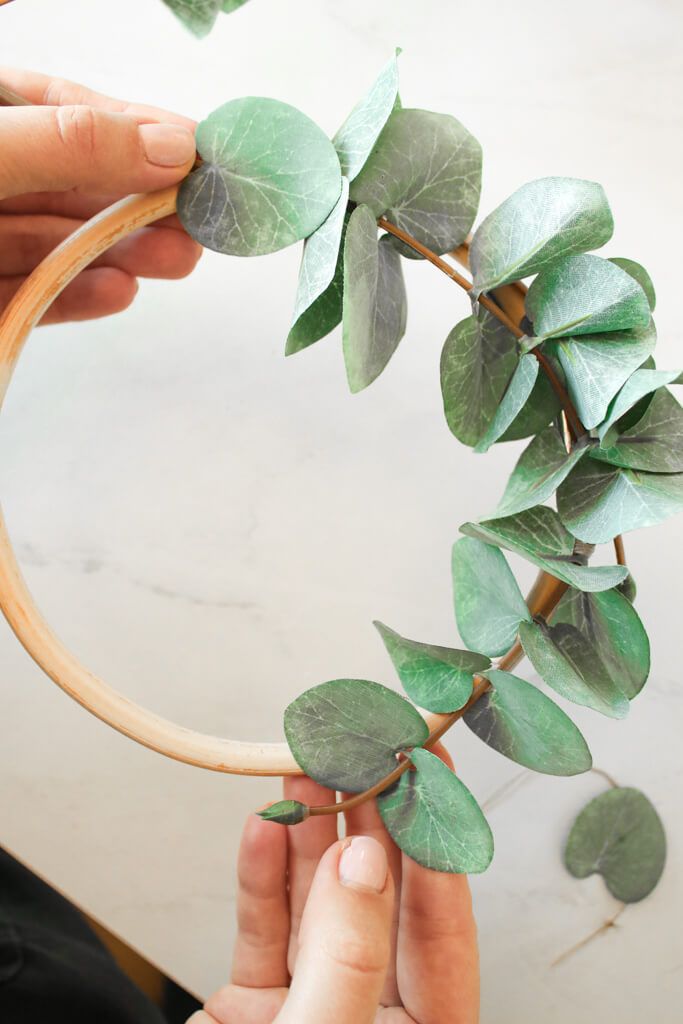Exploring alternative therapies for managing menopausal symptoms

Menopause is a natural transition that women experience typically in their late 40s or early 50s. However, the symptoms accompanying menopause can often be challenging to manage. While traditional hormonal therapies are commonly used to alleviate these symptoms, many women are turning to alternative therapies as a more holistic approach. In this article, we will explore some effective alternative therapies that can help women manage menopausal symptoms.
Acupuncture
Acupuncture is an ancient Chinese practice that involves inserting thin needles into specific points in the body. This technique aims to balance the body’s energy flow, known as Qi, to promote overall well-being. Research suggests that acupuncture can significantly reduce hot flashes, night sweats, and sleep disturbances commonly experienced during menopause.
When performed by a trained and licensed acupuncturist, this therapy can offer a safe and effective alternative for managing menopausal symptoms. Acupuncture sessions are often personalized, targeting specific symptoms or imbalances unique to each individual.
Herbal Supplements
Herbal supplements have gained popularity as an alternative to hormone replacement therapy (HRT). These natural remedies are derived from plants and are believed to provide relief from various menopausal symptoms. Black cohosh, red clover, and dong quai are some examples of herbal supplements commonly used during menopause.
While evidence regarding the effectiveness of herbal supplements for menopausal symptoms is mixed, some women report a reduction in hot flashes, improved sleep quality, and reduced mood swings. However, it is crucial to consult with a healthcare professional before starting any herbal supplement regimen, as they can interact with certain medications or have side effects.
Yoga and Meditation
Yoga and meditation can be powerful tools for managing the physical and emotional changes that arise during menopause. These practices focus on deep breathing, gentle stretching, and mindfulness, promoting relaxation and reducing stress.
Regular yoga and meditation sessions have been shown to decrease the frequency and intensity of hot flashes, improve sleep quality, and reduce anxiety and depression in menopausal women. Practicing yoga and meditation can help promote a sense of calmness and provide a heightened sense of self-awareness, aiding overall well-being during this transitional phase of life.
Aromatherapy
Aromatherapy involves using essential oils derived from plants to enhance psychological and physical well-being. Certain scents, such as lavender and chamomile, are known for their relaxing properties and can help alleviate menopausal symptoms like mood swings, anxiety, and sleep disturbances.
Using essential oils in diffusers, applying them topically, or adding a few drops to a bath can provide a soothing and calming effect. It’s important to note that essential oils are highly concentrated, so it is advisable to consult a qualified aromatherapist or healthcare professional for proper usage and dilution ratios.
Holistic Nutrition
Adopting a holistic approach to nutrition can significantly support women during menopause. Including foods rich in phytoestrogens, such as soybeans, flaxseed, and lentils, in the diet can help balance hormone levels and reduce symptoms like hot flashes and vaginal dryness.
Additionally, focusing on a diet that emphasizes whole foods, plenty of fruits and vegetables, and lean proteins can promote overall well-being during menopause. It is also essential to stay hydrated and limit the intake of caffeine and alcohol, as they can exacerbate symptoms like hot flashes.
Conclusion
As women navigate through the challenges of menopause, exploring alternative therapies can provide them with natural and holistic approaches to managing their symptoms. From acupuncture and herbal supplements to yoga, meditation, aromatherapy, and holistic nutrition, there are various options available that can help alleviate discomfort and improve overall well-being during this transitional phase of life.
It is important to remember that what works for one person may not work for another, so finding the right combination of therapies may require some trial and error. Consulting with healthcare professionals, such as licensed acupuncturists, nutritionists, and herbal experts, can offer personalized guidance and ensure the safe and effective use of these alternative therapies.





